Delegalization of CBD in Hong Kong
min. reading
While the world marvels at the broad therapeutic properties of cannabidiol, Hong Kong considers this substance a dangerous narcotic. CBD, widely available throughout Europe and the USA as a dietary supplement, has also enjoyed considerable popularity in China. Unfortunately, many hemp entrepreneurs in Hong Kong must now close their businesses as new regulations prohibiting the use and sale of CBD came into effect on February 1. This compound, like THC, has been classified as a dangerous narcotic, and its use is banned. What will be the consequences of this decision? More information can be found in the following part of the article.
The ongoing global liberalization of hemp laws is one of the key factors influencing the hemp industry’s development. In the case of the CBD product market, there has been a record increase in value over the past few years, especially in the European Union and the USA. Less than two years ago, the European Commission decided to remove CBD from the list of narcotic substances and classify it as novel food. Cannabidiol in the form of dietary supplements, oils, capsules, or as an additive to ointments, cosmetics, snacks, or sweets is becoming increasingly popular. There is also growing scientific evidence supporting the safety and wide-ranging effects of the compound. Cannabidiol derived from hemp was also quite popular in China. Hemp cultivation in Asia has a long tradition—Chinese people, among other things, produced the world’s first paper from it. However, the Chinese firmly reject hemp extracts.
Why was CBD criminalized in Hong Kong?
Currently, the authorities in Hong Kong, a Special Administrative Region of the People’s Republic of China with significant autonomy, have decided to completely criminalize CBD. Since the new law came into effect on February 1, 2023, it is prohibited to possess, consume, manufacture, or market cannabidiol. The ban applies to every form of CBD, including synthetic ones. The new law classifies CBD as a narcotic and dangerous substance, placing it on the list alongside heroin or amphetamines. The main reason for the substance’s criminalization, as presented by the authorities, is the lack of any convincing scientific evidence demonstrating the safety and benefits of CBD for the human body. Another argument raised was the concern about the possibility of transforming hemp extracts into those containing psychoactive THC, which has long been a prohibited substance in this region. Until now, in Hong Kong, it was possible to possess and sell THC-free CBD products, such as broad-spectrum extracts or isolated CBD in the form of isolate. According to the authorities, this still allowed room for abuse, prompting them to completely prohibit the use of CBD. Unofficially, there are discussions about the influence or even pressure from the People’s Republic of China. Mainland China criminalized CBD in 2021.
What are the penalties for possessing CBD in Hong Kong?
Similar to other prohibited substances, such as drugs, possessing CBD will now be severely punished in Hong Kong, just like in all of China. Penalties include possible life imprisonment and a fine of up to 5 million HKD ($638,000) for importing, exporting, or producing CBD. Possession or consumption can lead to seven years in prison and a fine of 1 million HKD ($128,000). These are extremely severe penalties, especially considering that most countries around the world allow the free circulation of CBD-containing products, as well as their purchase without special permits or prescriptions. Few countries, such as Lithuania or Belgium, limit the processing and acquisition of CBD, but not with such severe consequences. They also allow the use of CBD extracts from pharmacies. The legal situation regarding CBD in Hong Kong and all of China is very rare and potentially dangerous for all hemp therapy patients.
Consequences of Hong Kong authorities decision on CBD
This new law not only affects patients but also entrepreneurs associated with the CBD market. This is bad news not only for producers but also for many other entities. In Hong Kong, products containing cannabidiol were in high demand. Their diversity was also much greater than in Europe. In the city, there were restaurants serving CBD-infused food and cafes where you could buy hemp coffee. In addition to hemp oils, snacks and sweets with the addition of the compound were popular on the market. Currently, most of these recently legal businesses must cease their operations. Authorities have given companies and residents three months to dispose of potentially illegal products before harsh penalties come into effect. According to official data, by the end of January, around 77,400 CBD products were unloaded in government containers. The Chinese Customs reminds consumers to be careful about products labeled with hemp leaves when entering China. There is also a special poster placed in newspapers with the headline “CBD Product? No way!”

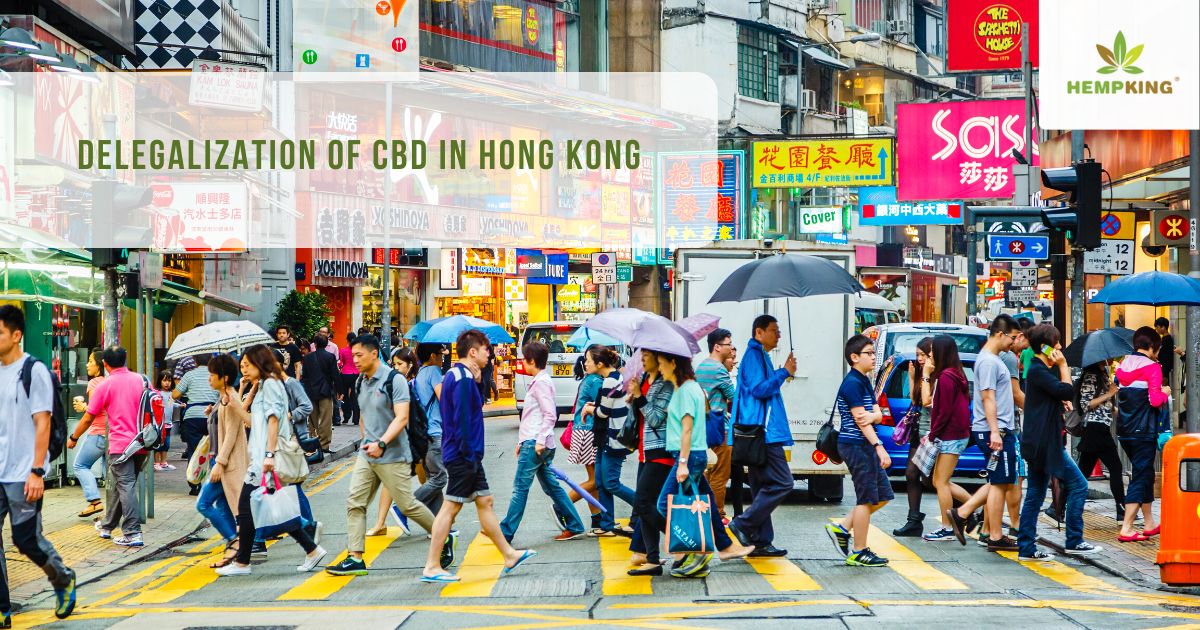

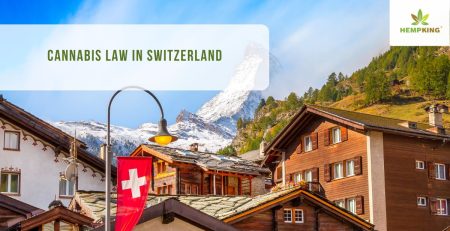
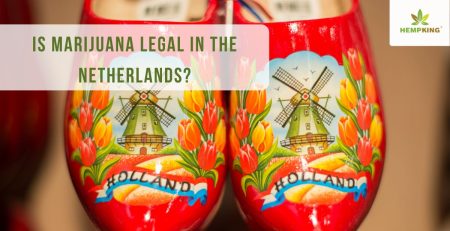
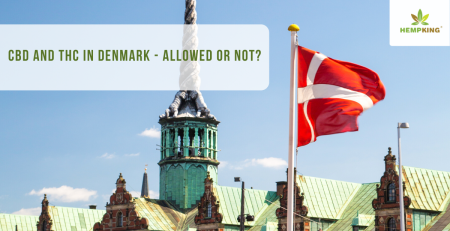

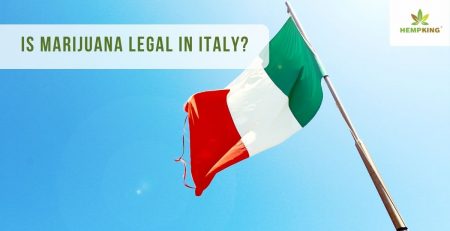
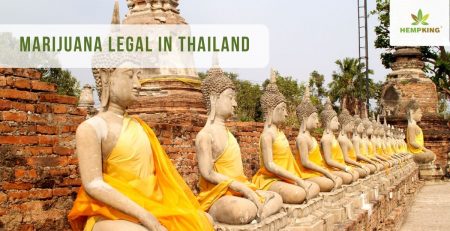
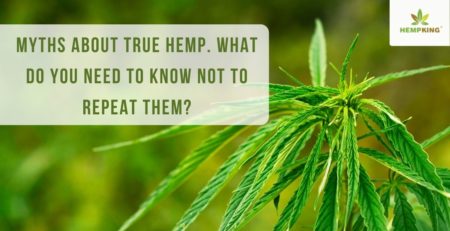
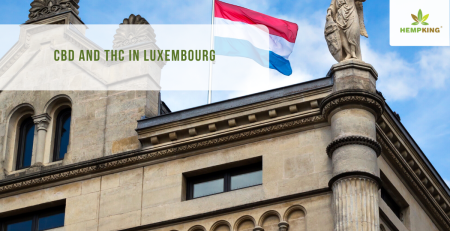
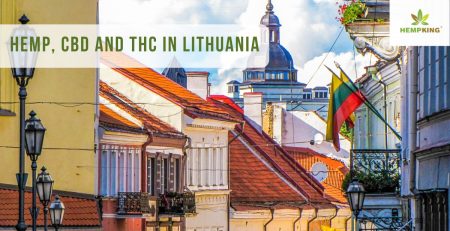
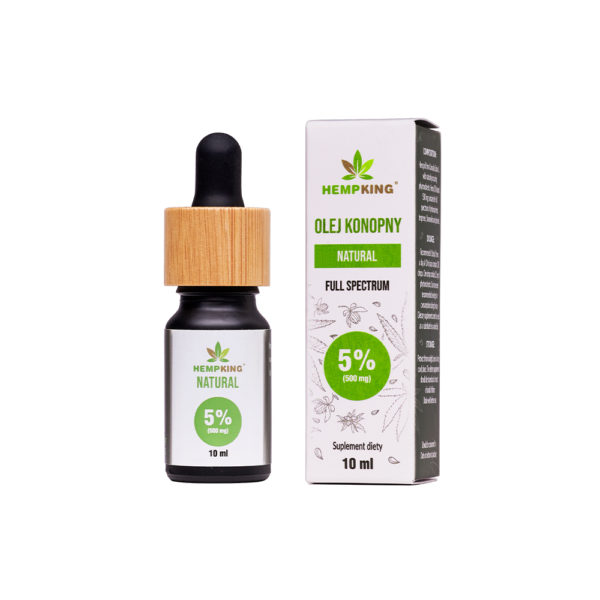
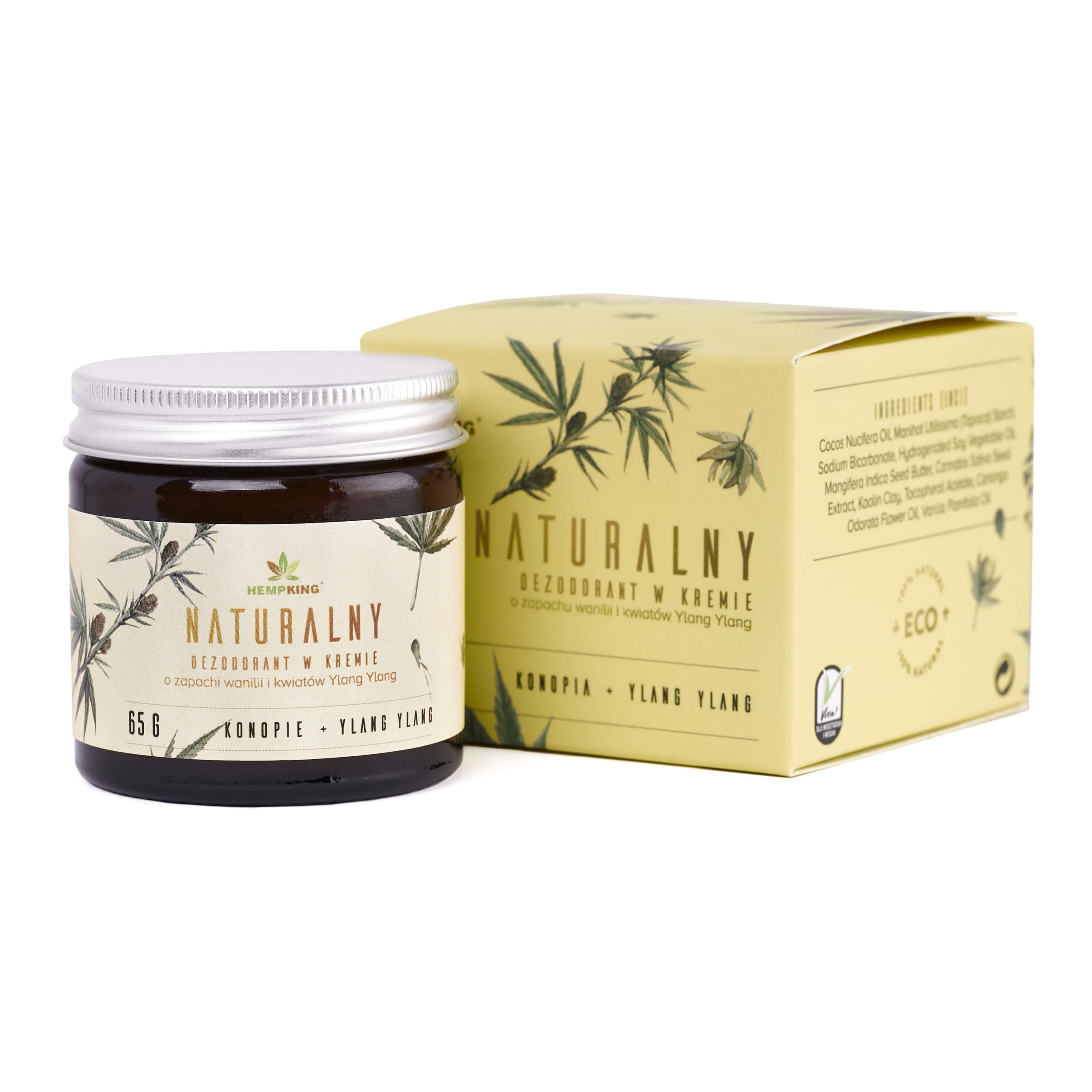
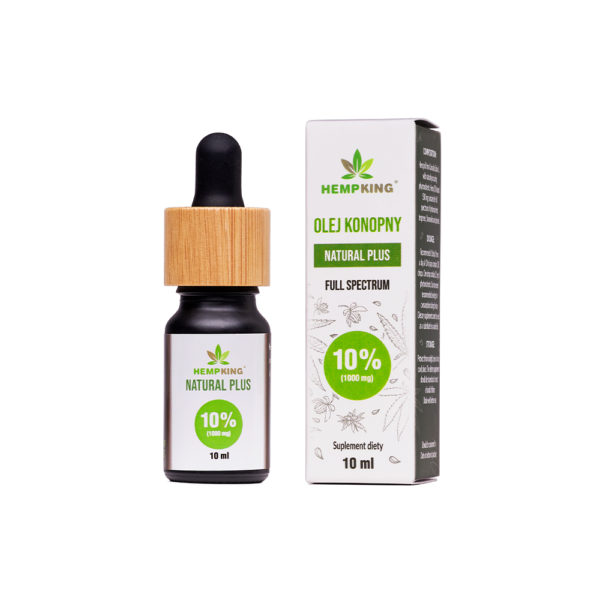
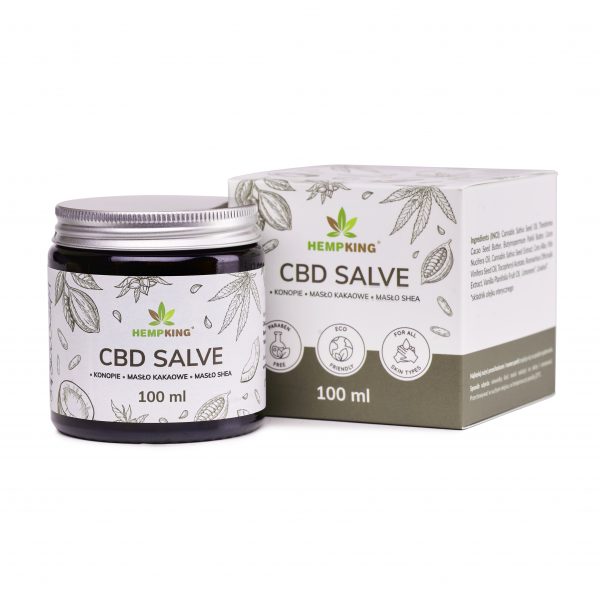
 Facebook
Facebook Instagram
Instagram

Leave a Reply